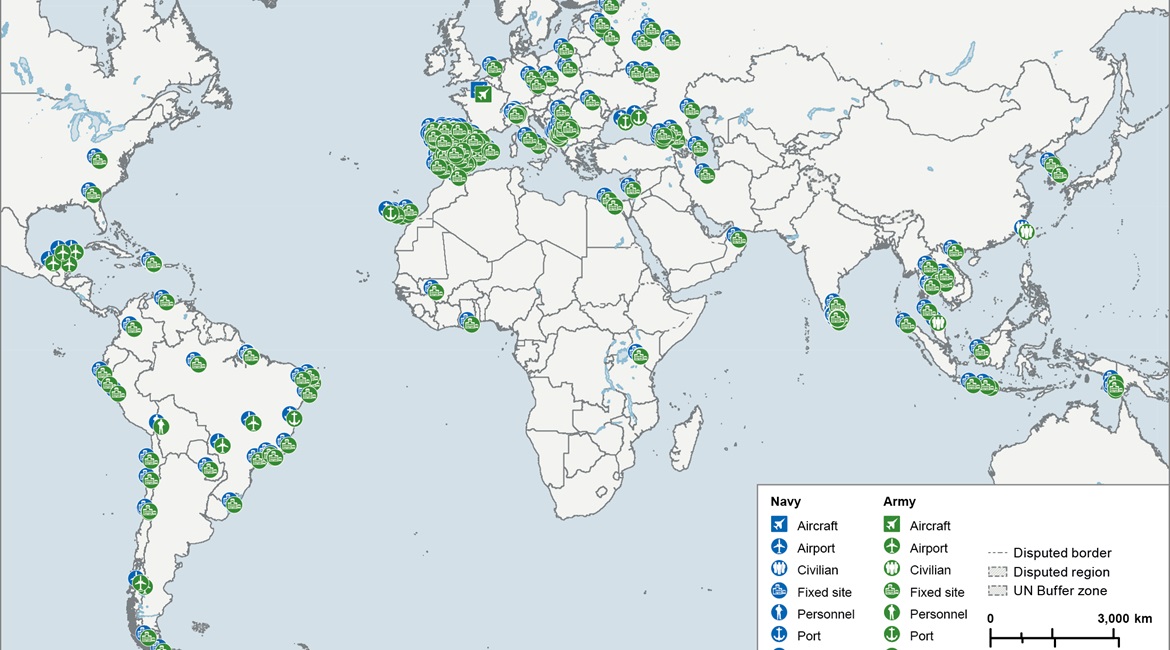
Decontamination is the process of making any person, object, or area safe by neutralising, or removing chemical or biological agents on or around it. These operations can be broadly classified as Fixed site, Port and Airport decontamination; Aircraft or Shipboard decontamination and Personnel or Civilian decontamination.
Fixed site, Port and Airport decontamination
Operations to decontaminate fixed sites such as military installations, hospitals, residential or office buildings, public places, ports, and airports are included in this category. These types of operation have been the most reported events during the Covid-19 pandemic. Details of some of the key events are listed below.
In Brazil, army units including the 1st Special Operations CBRN Defence Battalion, Special Operations CBRN Company, 7th Motorised Infantry Brigade, and 16th Logistic Battalion and the CBRN Defense response teams of the Brasilia Naval Infantry Group, Rio Grande Naval Infantry Group, 2nd Riverine Operations Battalion, 3rd Naval District, 4th Naval District, Embarked Marine Force, have all been involved in these operations. Also, the navy has carried out disinfection operations in military installations such as the Hospital de Aeronautics of Belém (HABE), School of Apprentices-Sailors of Espírito Santo (EAMES), and the Navy Technological Centre in São Paulo. They used a decontaminant based on sodium hypochlorite, chlorine, and 70% alcohol.
In Chile, the Army Veterinary Service disinfected approximately 13,900 pieces of military equipment, 600 health facilities and 350 civilian facilities across the country. The Chilean army’s regiment No. 10 'Pudeto' and logistics regiment No. 1 'Tocopilla' carried out decontamination operations in the cities of Punta Arenas and Pudahuel.
In the Dominican Republic, the air force carried out decontamination operations at public places in Borojol, San Luis, La Joya, and San Isidro.

Looking to read the full article?
Gain unlimited access to Janes news and more...




